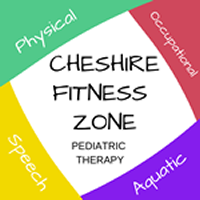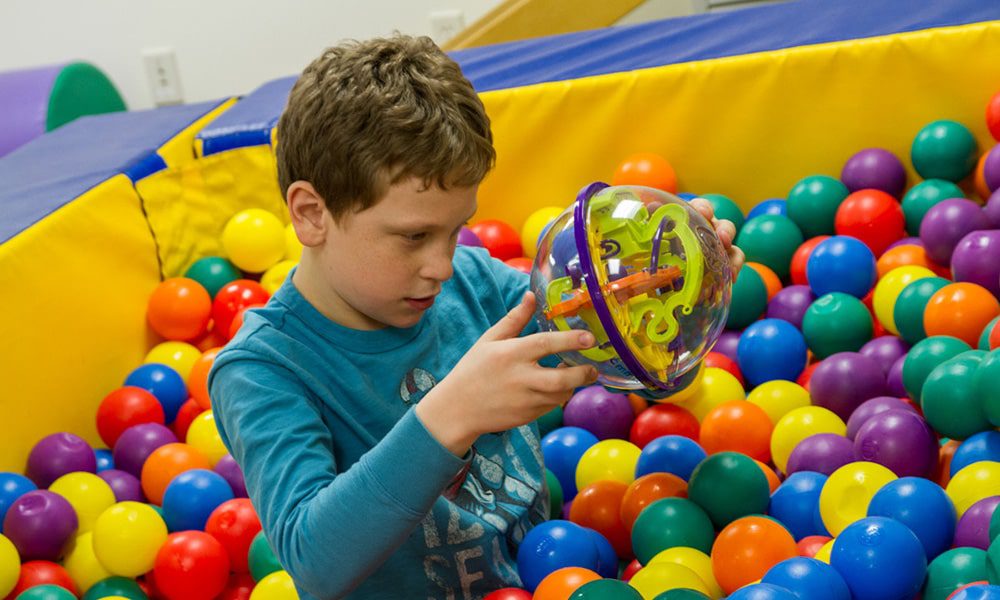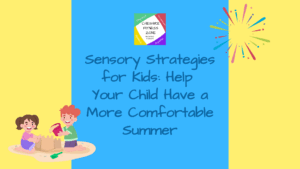When it comes to speech and language development for children, knowing what’s normal and what’s not is important in helping you figure out if your child is right “on schedule.” For example, your child who may be nine months old should have already started stringing sounds together or even incorporate various tones of speech. By the 15th month, your child should have developed the ability to produce a wider range of speech sounds in their speech. You could hear Ps, Bs, Ms, Ns, Ds and so on.
So what happens if your child is not “on schedule”? Well, he or she might be affected by a delay in the development or use of the mechanisms that produce speech; better known as speech delay or alalia. If you have concerns over this matter, you should discuss it with your doctors at a routine well-child visit. This helps determine if your child requires professional attention. If you are interested in allowing your child to undergo speech therapy in CT, you might want to familiarize yourself with some of our specialized programs that are available today.
PROMPT
PROMPT stands for Program for Restructuring Oral Muscular Phonetic Targets. It is a type of therapeutic and tactile-kinesthetic approach that speech therapists use to help their patients develop proper oral muscular movements. By using touch cues to the lips, jaw and tongue, the patient can gradually learn how to produce targeted sentences, phrases and words. This program is suitable for patients who are nonverbal, and suffer from articulation disorders and other communication deficits.
ACC
AAC is short for Augmentative and Alternative Communication. The program involves the usage of methods to support or replace verbal communications. If your child has the inability to produce adequate verbal output and affects their ability to maintain effective communication, AAC may be a suitable speech therapy program to consider. In this program, speech generated devices, visual aids and symbols will be used. Children who have disabilities such as cerebral palsy or autism have benefited from AAC by alleviating the common frustration experienced by caretakers, peers and families.
Social Thinking Programs
The Social Thinking Program is the brainchild of Michelle Garcia Winner, who is a speech language pathologist (SLP). The term Social Thinking was coined by the founder in the mid 1990s and its framework has evolved to the point that it incorporates a great mix of strategies, curriculums, vocabulary and information to aid individuals with social learning challenges and help them become better social thinkers. Today, the lessons taught through Social Thinking Programs can also apply across a range of disorders including patients with head injuries, patients with emotional learning difficulties, patients with nonverbal learning difficulties and even patients who have been diagnosed with ADHD.
Lidcombe
The Lidcombe program is foremost a behavioral therapy that’s designed to alter the speech behavior of an individual who stutters. Oftentimes, the child’s parents are appointed to point out dysfluent speech and fluent speech. That’s why the Lidcombe therapy is administered by a parent or a caretaker in the child’s everyday environment. In addition, parents will also commit to weekly visits to the speech pathologist to learn how to do the treatment. That’s why parents never have to worry when tasked to facilitate this treatment; ample guidance and support will be provided by the assigned therapists throughout the process.



